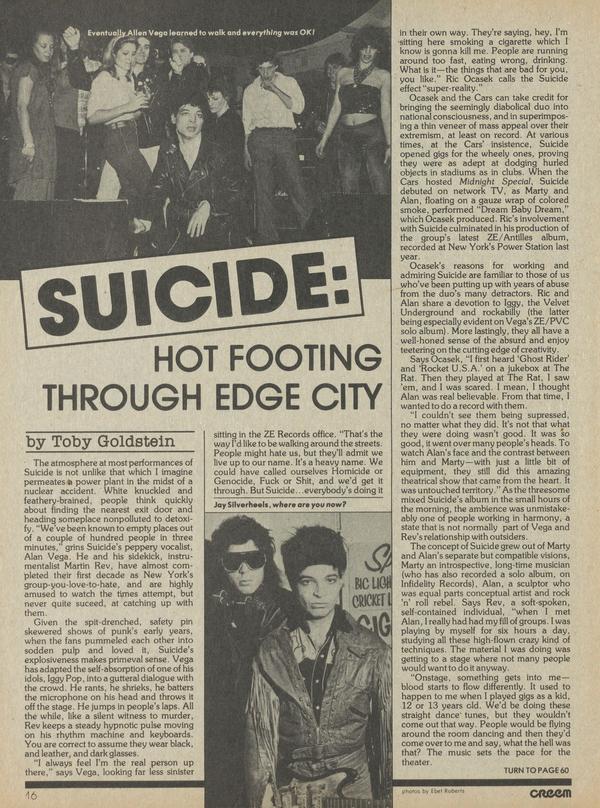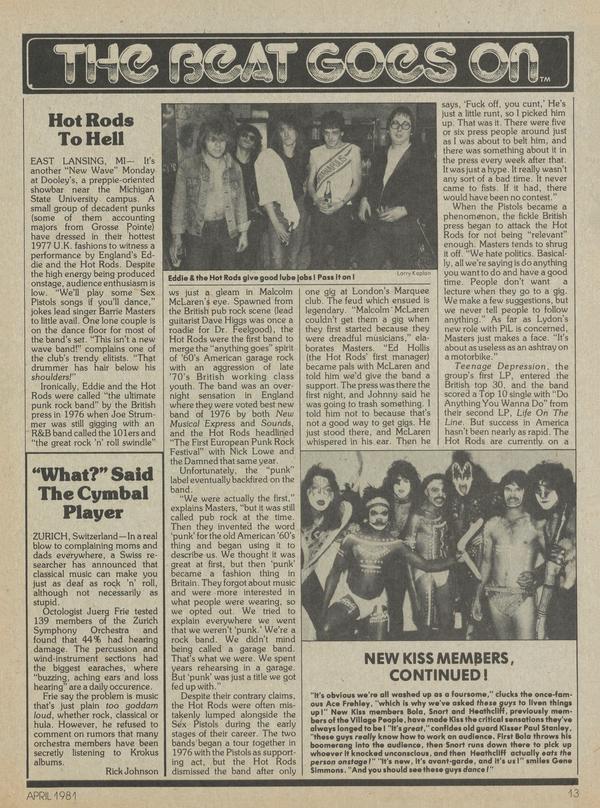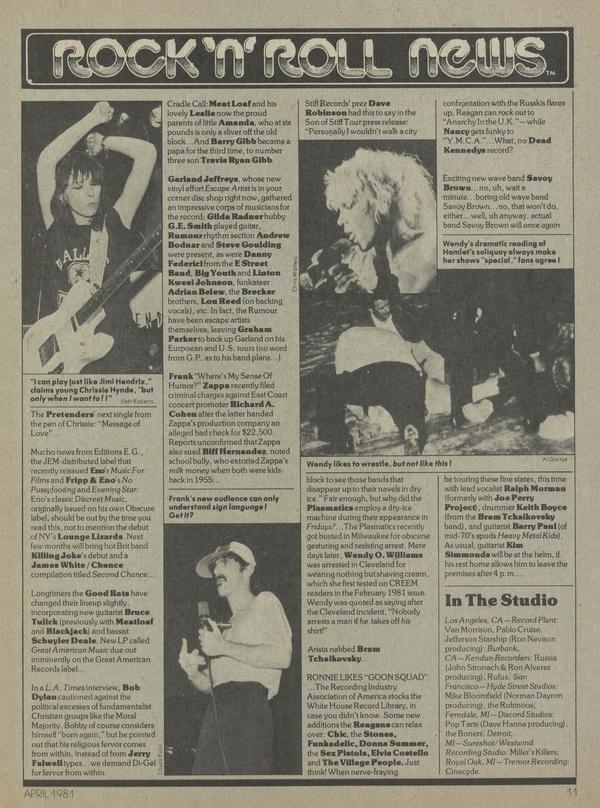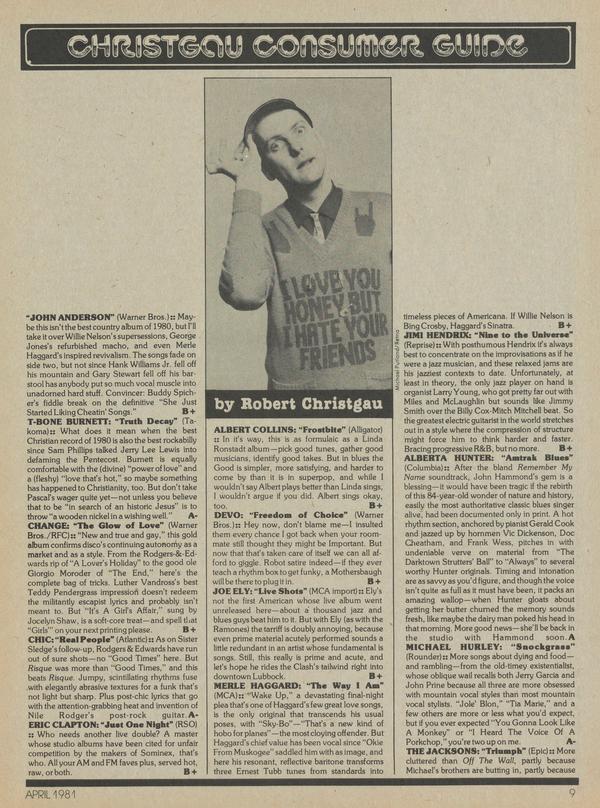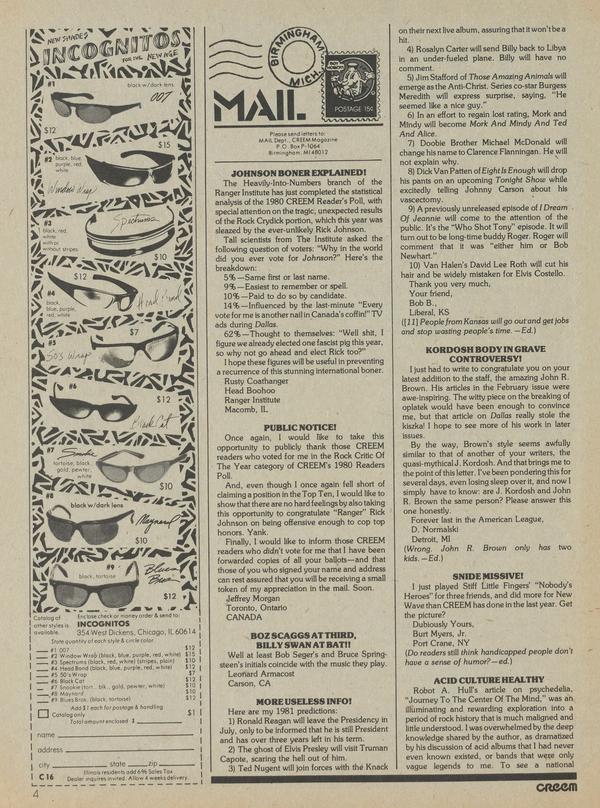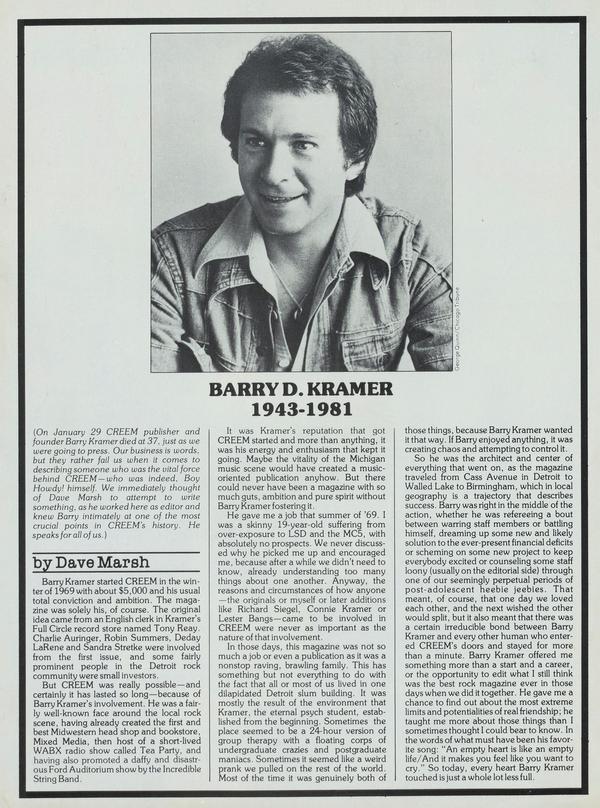Features
STEVE WINWOOD KEEPS ON RUNNING
The Diver Comes Up For Air


On the final Traffic tour back in the Fall of 1974, something happened on stage at New York’s Academy of Music that, for me, encapsulated everything I’ve always felt about Steve Winwood. The show had been going poorly. Many of the songs were slowed down and Chris Wood was obviously having trouble figuring out what planet he was on. The crowd had been hostile to the new material from When. The Eagle Flies. Sometime into the evening, Winwood, alone at the piano, announced: “This is another new song,” and a sizeable portion of the audience began to boo. Right then, Winwood shot the crowd a look that seemed to pierce the darkness. A look that said, “How can you do this to me?...this is ME you’re doing this to.” It was a look so honest that it seemed almost too vulnerable. It was threateningly connected. And yet, on another level, all it did was restate his isolation from the crowd. Ironically, this unfortunate moment summed up a contradiction I’ve always loved in Winwood’s voice and persona. His vocals are so warm, soulful and outreaching—as immediate as his look to the crowd. And yet there is also a frightening mystery to his singing that keeps him remote, tentative and self-absorbed. He can seem morose and hopeful at the same time. I believe this is the contradiction that has made Steve Winwood a great singer. Winwood’s emotional look to the audience that night was fleeting. He immediately went oh to do a brilliant, moving version of “When The Eagle Flies.” And when he finished, no one booed.
The image of Steve Winwood as the moody singer-in-the-isolation-tank (just one half of his contradiction) has become somewhat exaggerated these last six years since he broke up Traffic after that final, troubled tour. Other than some brief, unimpressive projects in the mid-70’s, Winwood has released just two solo records— the first in ’77 and now Arc Of A Diver. He’s been living on his small farm in Gloucester, seyeral hours out of London. He goes to sleep at 8:30 at night and gets up before 7:00 in the morning. Just after this first solo record was released he promise^ he’d get back into the rock ’n’ roll swing of things and start to tour again. The album had some beautiful numbers. It was definitely worth promoting. But instead we got another vanishing cat, “I went through stages where I thought I didn’t want to have anything to do with the music business,” Winwood says,. looking very healthy as he sits in Island Records’ N.Y. office. “Butthe basic truth was I didn’t know how to do anything else...I’d been on the road for 12 years. I felt I’d had enough. I was losing interest. Also there were lots of changes in the music business;' particularly in Britain around the time of my first solo record. They have these bands over there that are the favorite flavor of the month. That can be depressing...In 1977 there was the punk-thing. It was satire. That’s the way I now think I should have viewed it. Rock ’n’ roll was in need of it. It was taking itself too seriously. At the time I thought if I ignored it, (punk) might go away ... I felt like a relic of the 60’s. If you listen too much to what’s said about you, you start to believe that stuff. Of course I am a relic of those days. But I feel now I know more than I did then about recording. And I now have some better things to say. ”


